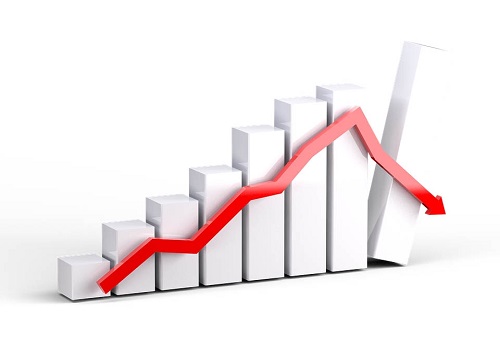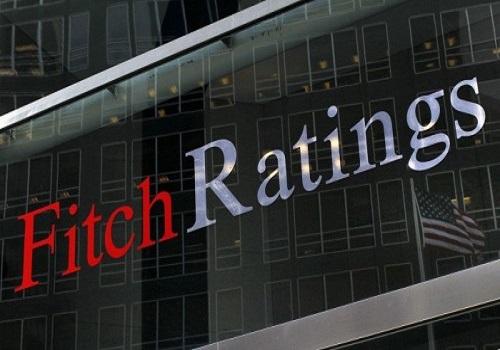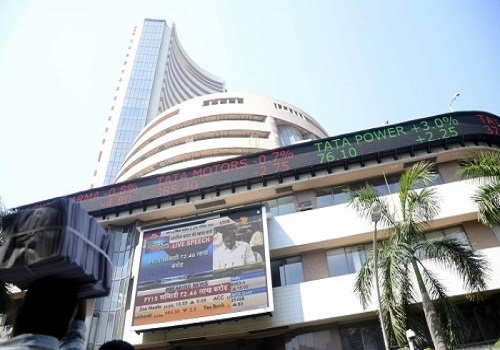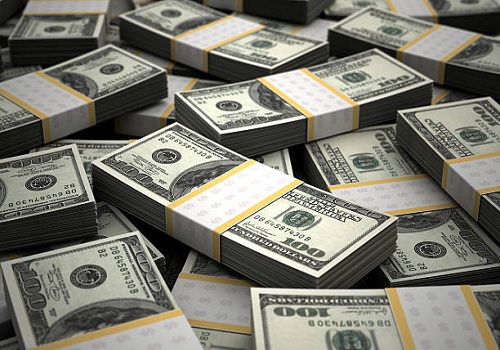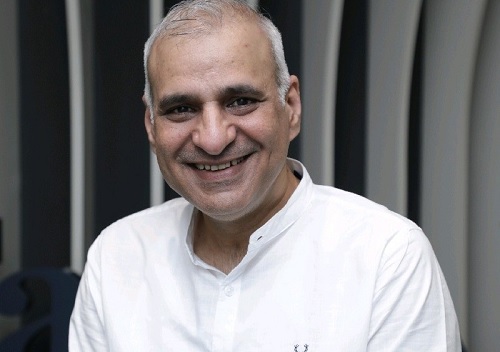Covid, high tax burden to slowdown consumption recovery: Ind-Ra

Follow us Now on Telegram ! Get daily 10 - 12 important updates on Business, Finance and Investment. Join our Telegram Channel
Covid triggered economic turbulence along with no relief on the tax front is expected to delay the consumption recovery, said India Ratings and Research (Ind-Ra).
Accordingly, the ratings agency said that with no relief in sight on the tax front, households are facing a double whammy.
"On the one hand, they (households) are struggling with job losses or salary cuts and on the other, they are facing stepped-up health expenditure due to the impact of Covid-19 pandemic. The challenge, in Ind-Ra's view, therefore is emerging on the demand side," the ratings agency said.
"It firstly manifested in FY20 when the private final consumption expenditure growth declined to 5.5 per cent from an average 7.5 per cent during FY16-FY19. Thereafter, the two successive years of a massive economic shock have eroded the households' disposable income, which was already under pressure reflected in low per capita income."
As per Ind-Ra's analysis of salary or wage growth of 2,000 non-financial corporates corroborates the fact that the risk of declining real wage growth could limit the consumption and demand improvement both in the near and medium terms.
"The burden of taxes, particularly of indirect taxes, on households has worsened lately. As the global commodity prices slumped around February-March 2020, the union government raised the excise duty on petrol by Rs 13 per litre and on diesel by Rs 16 per litre between March 2020 and May 2020."
"The average price of Indian crude basket during this period was $28 per barrel. However, the price of Indian crude basket in May 2021 has reached $67 per barrel, leading to the retail prices of petrol and diesel now reaching record levels, impacting household budgets both directly and indirectly."
Besides, Ind-Ra said it is well known that indirect taxes are not progressive by nature and lead to a disproportionately higher welfare loss to households that are at the lower end of the pyramid.
"Although the union government rationalised the corporate tax FY20 to align it with global peers and spur investments in the economy, taxes on households have been unaltered."
According to the ratings agency, the share of total tax burden on households has risen to 75 per cent from 60 per cent in FY10.
"This is largely due to the combination of a higher excise duty on fuel and a reduction in corporate tax. The corporation tax has been rationalised to augment job creation and attracting direct foreign investments."
"The agency believes it was legitimate to rationalise the Indian tax structure as opposed to peer nations' in the export segment. However, the unforeseen economic shocks owing to the pandemic have worsened the balance between household and corporate taxation system."
Interestingly, the ratings agency said household tax burden came down to below 60 per cent in the last decade, and that was the time the economy exhibited a consumption and investment boom.
"However, it is also true that along with a lower tax burden and higher disposable income, there were other conducive factors for the virtuous cycle in the economy."
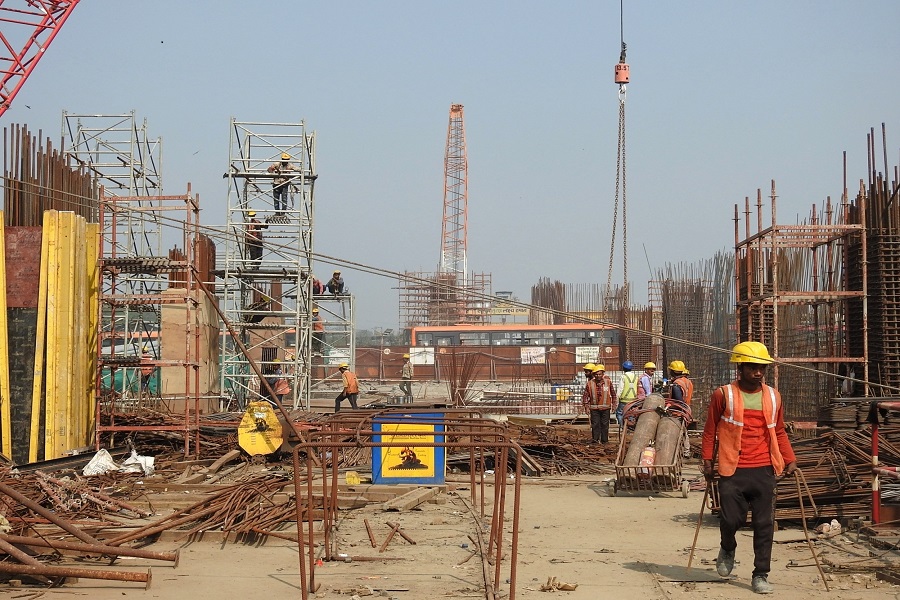


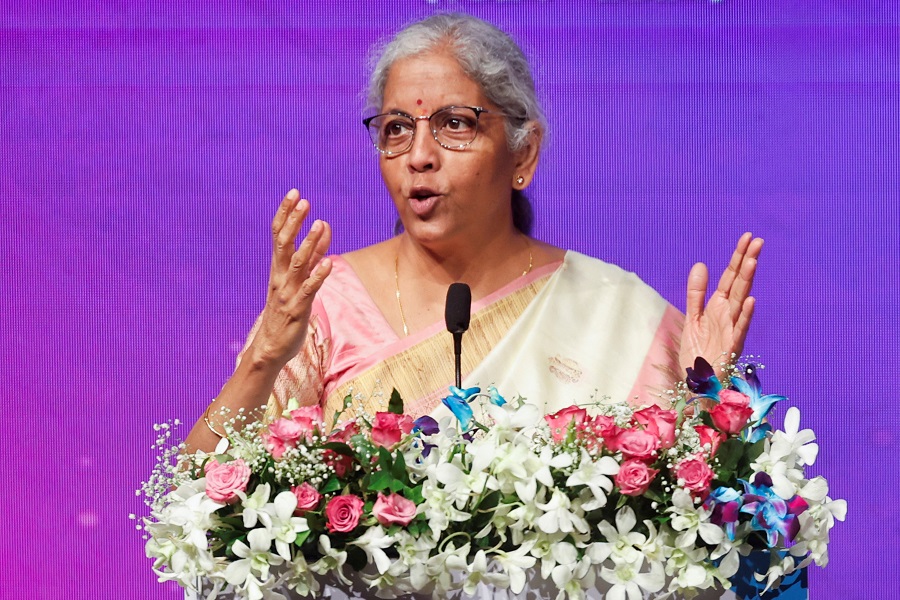
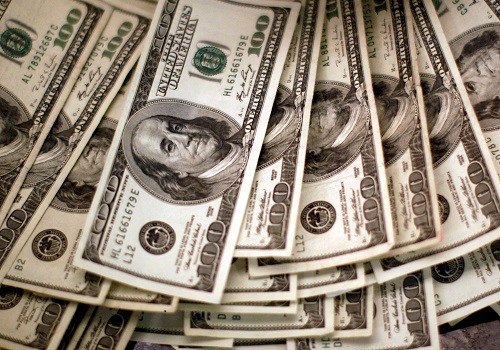




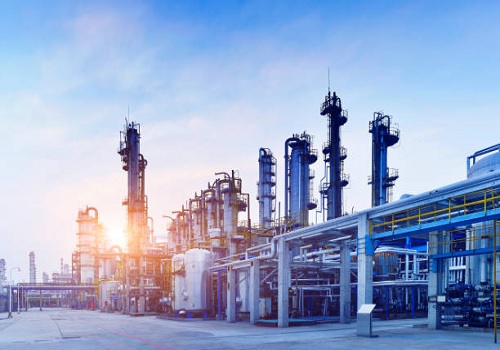
Tag News

Pharma companies likely to maintain momentum on growth, profitability in regulated markets: ...
